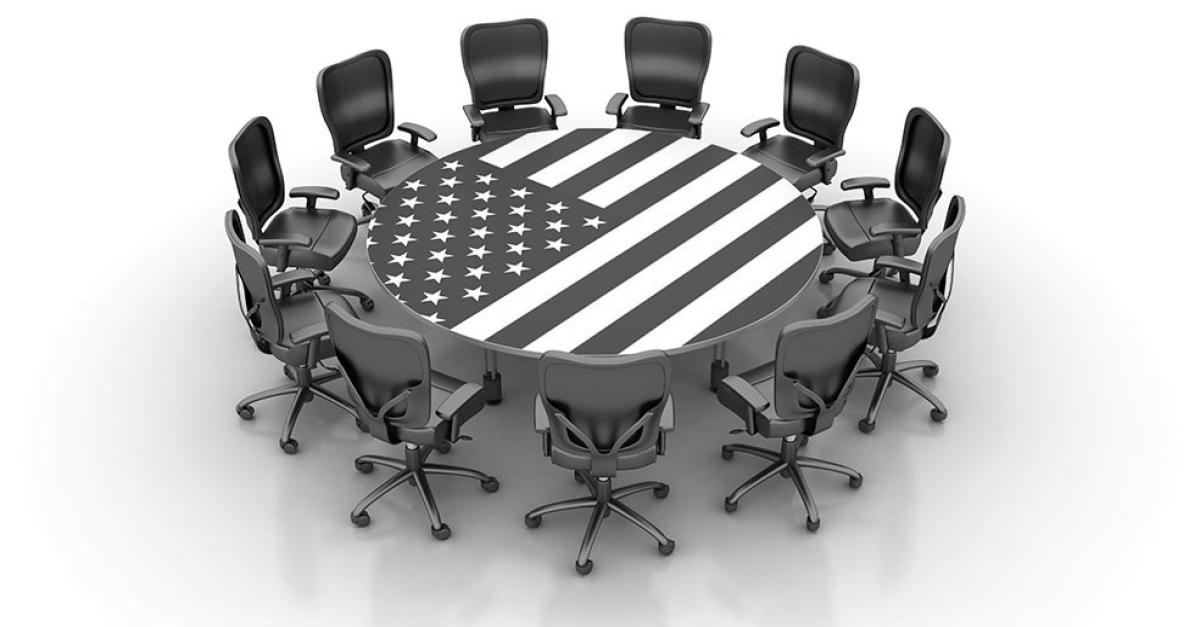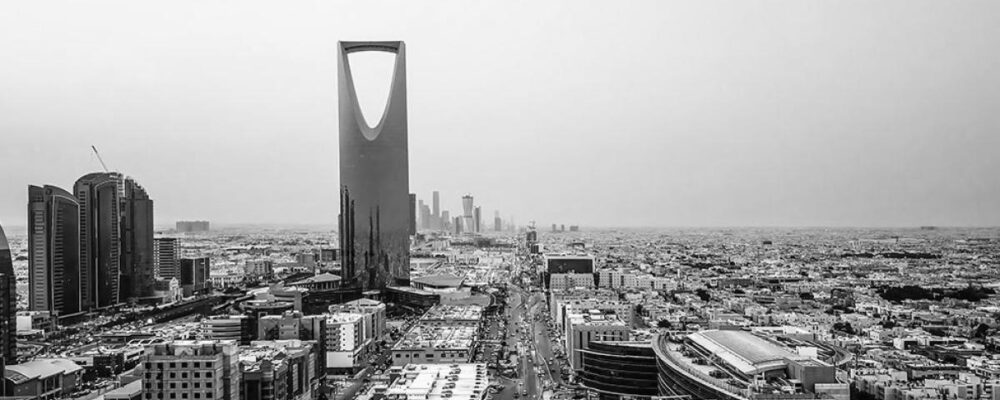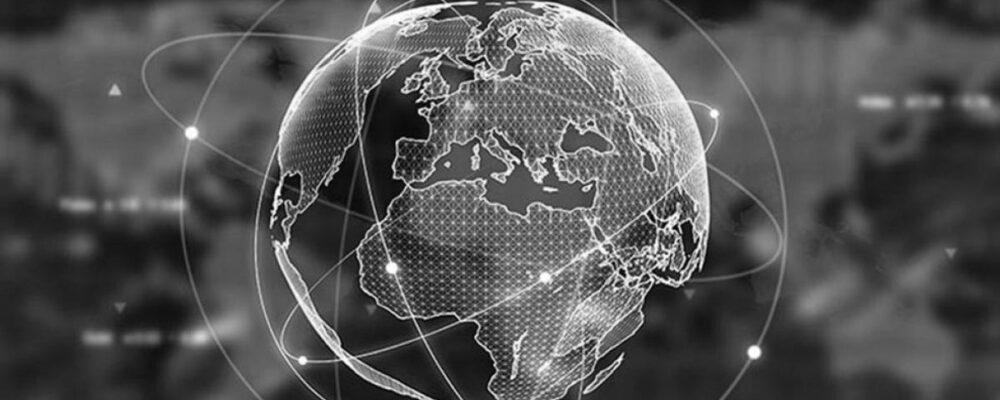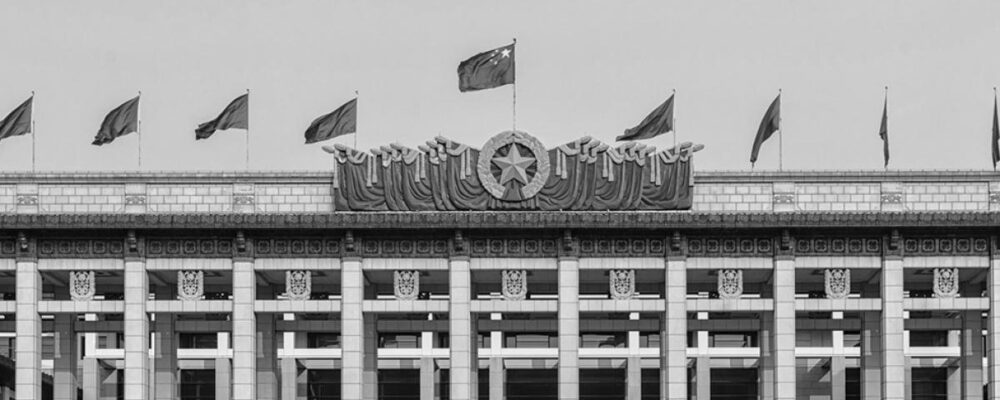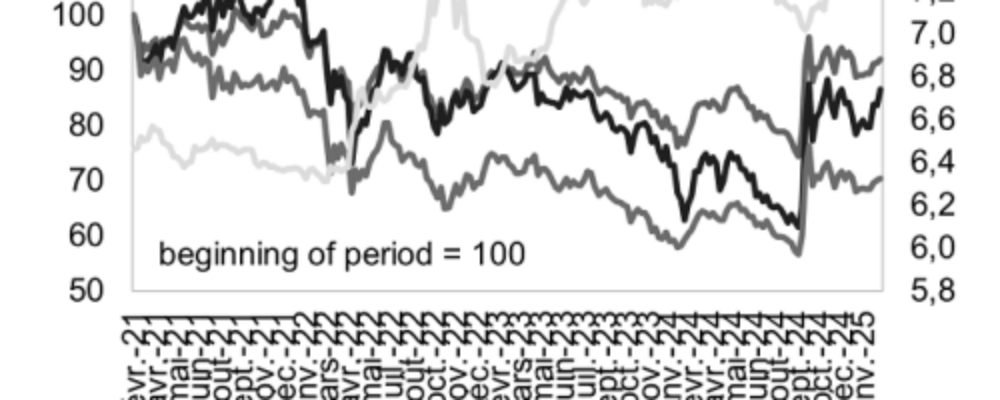Transactions vs. manipulation
The first stage is media manipulation: what little protest Western governments have raised has been weak. There is a mix of explanations for this apparent apathy, the first of which is outright shock. At the heart of the Trump playbook (as demonstrated by many things Trump has said) is the strategy of cultivating a kind of “power through uncertainty” which vaguely echoes Nixon’s “madman theory”1 and which, above all, is a classic technique of cognitive warfare designed to mentally destabilise one’s opponent. Judo and Clausewitzian military strategy share a similar approach here: finding the enemy’s balance point and using to it bring them down. Trump also explains in his business manual2 that he always begins negotiations by hitting hard – so hard that it catches his opponent off guard. Think big! After that, he harries his opponent.
At this stage, though, it’s important to remember Marie-France Hirigoyen’s3 analysis of how narcissists communicate both ambiguously and forcefully to leave their interlocutors wondering what they mean and whether they’re serious. Although what we’re seeing is a textbook case of what Trump calls negotiation, but others would call it manipulation4. And the more we agree to view Trump’s approach not as manipulation but as a transaction, the more power he will gain. “Don’t worry – at least he’s negotiating!” Remember that transactions don’t involve paralysing your enemy – and that consent extracted using an armlock is not freely given. In geopolitical terms, this is very important because it runs counter to the very idea of what it means to be allies.
From blindness to fear and submission
The second stage of the Trump rocket is the difficulty of perceiving reality. Part of the West’s utter shock lies in the fact that it’s hard to believe that, behind its status as a vital ally, the United States is not the benevolent and disinterested “American friend”5. This goes right back to the Marshall Plan, which was not just about the interests of Europe but was also a power play6. Structurally biased ever since the Second World War, Europe struggles to see just how fundamentally unequal its relationship with the US is and just how brutal an economic war the US has long been waging7. While this is at least clear with Trump, blindness is liable to give way to fear and submission.
The once and future president is literally forcing us to change our mental world, one of the symptoms of which is Mark Zuckerberg’s belated alignment with the libertarian ideology of Elon Musk: fear is growing in the United States (and elsewhere). Fear of reprisals, first of all among judges, the administration and the media. Fear is the third stage of the Trump rocket. This is very bad for civil society and is not without implications for investors because it undermines judicial impartiality. At the same time, the fundamental idea of rules-based regulation is coming under attack in Europe from the tech giants. Since discontent with regulations is a politically unifying theme, this is also undermining judicial power in Europe.
All of this more or less bears out the theories of Frank Furedi8 and various other sociologists. Furedi has long been sounding the alarm about a culture of fear in the West (both words are important, with fear and culture blending into an inseparable whole), and about what a powerful political springboard such a culture is. Linguistic analysis highlights the harmful effects on public discourse of a combination of threats seen as existential (climate change, pandemics, terrorism, war, etc.) and day-to-day micro-fears, all amplified by social media. As an example, Furedi refers to studies showing that, out of fifty ingredients featured in a cookery book, forty are suspected of being carcinogenic. So Trump’s electoral base is obsessed by fear of migrants, the Chinese and… raw milk9. As trust is eroded and fear and anger grow, everything gets lumped together. An “us and them” culture merges with the hunt for scapegoats (the “Who’s to blame?” of the QAnon protests10), creating fertile ground for authoritarian political figures11.
The United States is changing not only its president but its regime
Everything is pointing towards what we were saying before the election: the United States is changing not only its president but its regime12. In fact, Trump’s “charismatic” legitimacy – increasingly less supported by the sacrosanct US Constitution – means he must now write his own heroic story, to the detriment of the balance of power. At the time of Watergate, Hannah Arendt was already highlighting this institutional weakening, which she saw as a major crisis13. She talked about the danger of arguments based on “national security” being used to stifle debate and impose a permanent state of exception.
This brings us straight to the fourth stage of the Trump rocket: the theme of national security combined with geopolitics. It’s clear that the Panama Canal and Greenland occupy strategic positions with regard to Russia and China. And the longer Russia remains unbeaten in Ukraine, the faster the Arctic front opens up. It’s also clear that Greenland and Canada both have essential resources, particularly critical metals. All of this may be true but Trump’s words should not be taken lightly: his language is that of the school of geopolitical realism whose authors – from Hans Morgenthau and Kenneth Waltz to Fareed Zakaria and John Mearsheimer – see states as players on an “anarchic” international stage not subject to any higher regulatory body. The actions of these states are driven purely by their own interests, to maximise their power or security, depending on the threats perceived by their elites. Meanwhile, the global scenario is driven by alternating confrontations and negotiations around strategic regions and sectors.
But do these words and arguments provide a sufficient rationale for everything Trump says? According to Georgia Meloni, the president-elect’s words are nothing more than a “message” to China. Really? Doesn’t this kind of rationalisation risk masking the fact that a giant is waging geopolitical blackmail against its more modest allies, a classic pattern in history? Max Weber long ago talked about Machtstaaten, a German word denoting powerful states whose mission is supposedly to protect smaller ones14. While there is nothing new about this idea, it serves as a reminder that geopolitics is as much a succession of worldviews as it is a mechanism for explaining conflicts based on geography, trade or resources.
Lastly, what makes these arguments based on national security and “vital” interests – Trump’s words bear a striking similarity to Ratzel’s “living space”15 – particularly difficult to manage is that they are the same arguments Russia deploys about Crimea and China about Taiwan. That said, Trump has captured a big chunk of disenchanted global public opinion, which is becoming increasingly attuned to “realist” theories as accusations of double standards undermine the geopolitics of human rights.
A new alliance between mercantilism andgeopolitics
The final stage of the Trump rocket is the continental projection of power and the capture of resources. Yet the realists set great store by alliances, and no geostrategic rationale will hold water when it comes to allied powers whose loyalty to the Western order is not in doubt. In reality, Trump projects a mental map that goes beyond the theories of realism, dominated by a desire for continental power and resource capture. This sort of “mercantiliste geopolitics” was on display at the muddled press conference he gave at Mar-a-Lago last week. This type of projection of a world divided into continental blocs controlled by dominant powers – a well-known pre-war grammar16 – risks encouraging those nostalgic for empire, and those who would like to belong to the club of powerful countries, to move from thought to action. To find examples, one only need to look to Azerbaijani talk of a fascist Armenia17 or Syria’s Turkish ambitions. Yet there is reason for hope: all this looks strikingly like the outline of a geopolitics of the balance of power – though that would require another Congress of Vienne18. Henry Kissinger, who advocated for just such a balance, must be rejoicing in his grave. It remains to be seen who would be invited to the negotiating table. The great powers, of course: America, China, Russia. But what about Musk, who is a power all by himself? And what about states considered “secondary”, such as India, Saudi Arabia, Turkey, Brazil, Indonesia, and so on? And Europe? Perhaps. Above all, though, Trump is showing that he knows how to twist Europe’s arm to get what he wants.
“Crédit Agricole Group, sometimes called La banque verte due to its historical ties to farming, is a French international banking group and the world’s largest cooperative financial institution. It is France’s second-largest bank, after BNP Paribas, as well as the third largest in Europe and tenth largest in the world.”
Please visit the firm link to site


